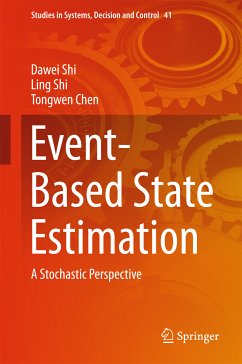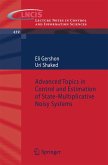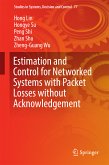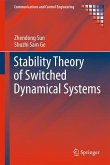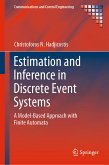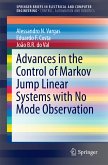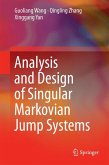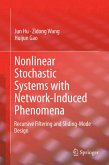This book explores event-based estimation problems. It shows how several stochastic approaches are developed to maintain estimation performance when sensors perform their updates at slower rates only when needed.
The self-contained presentation makes this book suitable for readers with no more than a basic knowledge of probability analysis, matrix algebra and linear systems. The introduction and literature review provide information, while the main content deals with estimation problems from four distinct angles in a stochastic setting, using numerous illustrative examples and comparisons. The text elucidates both theoretical developments and their applications, and is rounded out by a review of open problems.
This book is a valuable resource for researchers and students who wish to expand their knowledge and work in the area of event-triggered systems. At the same time, engineers and practitioners in industrial process control willbenefit from the event-triggering technique that reduces communication costs and improves energy efficiency in wireless automation applications.
Hinweis: Dieser Artikel kann nur an eine deutsche Lieferadresse ausgeliefert werden.
The self-contained presentation makes this book suitable for readers with no more than a basic knowledge of probability analysis, matrix algebra and linear systems. The introduction and literature review provide information, while the main content deals with estimation problems from four distinct angles in a stochastic setting, using numerous illustrative examples and comparisons. The text elucidates both theoretical developments and their applications, and is rounded out by a review of open problems.
This book is a valuable resource for researchers and students who wish to expand their knowledge and work in the area of event-triggered systems. At the same time, engineers and practitioners in industrial process control willbenefit from the event-triggering technique that reduces communication costs and improves energy efficiency in wireless automation applications.
Dieser Download kann aus rechtlichen Gründen nur mit Rechnungsadresse in A, B, BG, CY, CZ, D, DK, EW, E, FIN, F, GR, HR, H, IRL, I, LT, L, LR, M, NL, PL, P, R, S, SLO, SK ausgeliefert werden.
Hinweis: Dieser Artikel kann nur an eine deutsche Lieferadresse ausgeliefert werden.
Es gelten unsere Allgemeinen Geschäftsbedingungen: www.buecher.de/agb
Impressum
www.buecher.de ist ein Internetauftritt der buecher.de internetstores GmbH
Geschäftsführung: Monica Sawhney | Roland Kölbl | Günter Hilger
Sitz der Gesellschaft: Batheyer Straße 115 - 117, 58099 Hagen
Postanschrift: Bürgermeister-Wegele-Str. 12, 86167 Augsburg
Amtsgericht Hagen HRB 13257
Steuernummer: 321/5800/1497
USt-IdNr: DE450055826
Bitte wählen Sie Ihr Anliegen aus.
Rechnungen
Retourenschein anfordern
Bestellstatus
Storno

